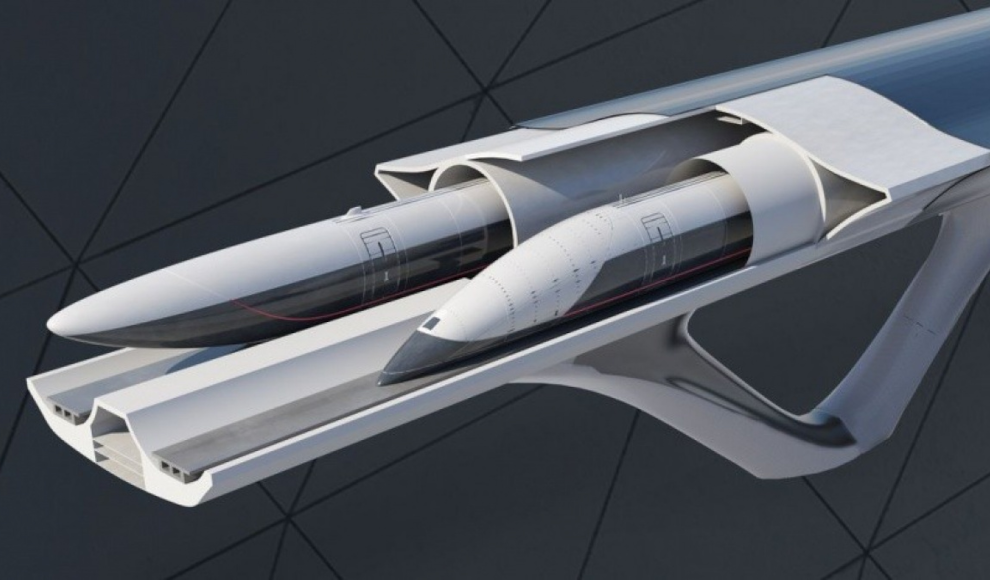The Technical University of Munich (TUM) is constructing a test track for its Hyperloop in Bavaria. The vacuum tube will allow the floating capsules to reach speeds of up to 1,100 km/h. According to the Bavarian Broadcasting Corporation (BR), TUM is building a Hyperloop test track on its premises in Ottobrunn, near Munich. The Hyperloop technology developed by Bavarian scientists will be tested in practice. Initially, a 24-meter-long tube will be created in which a vacuum is generated. The high-speed transport can then move largely without air resistance. In addition, magnetic levitation technology is used to further minimize the vehicle’s friction. The floating capsule should be able to reach speeds of up to 1,100 km/h in the vacuum tube with virtually no air resistance.
The Hyperloop concept was developed by Elon Musk’s space company SpaceX. SpaceX then released it as open source so that companies, universities, and research institutions could work on the Hyperloop. Since then, SpaceX has held several Hyperloop competitions in which TUM has successfully participated. The Hyperloop capsules of Team Warr have won the competition several times. According to TUM’s plans, the test track should be completed by the end of 2022. The first tests are expected to start in early 2023, according to project manager Gabriele Semino. As Semino estimates, the first commercial Hyperloop routes could be created in about ten years. A trip from Berlin to Munich would then only take about 30 minutes. An ICE currently takes 4.5 hours for the same journey. According to TUM’s calculations, building a Hyperloop route between the two cities would not cost more than building an ICE route.
The Hyperloop technology promises to revolutionize transportation by significantly reducing travel time. The TUM’s test track will provide valuable insights into the practical application of the technology. The successful completion of the test track could pave the way for the development of commercial Hyperloop routes in the future. The project is a testament to the innovative spirit of German scientists and their commitment to pushing the boundaries of technology.










